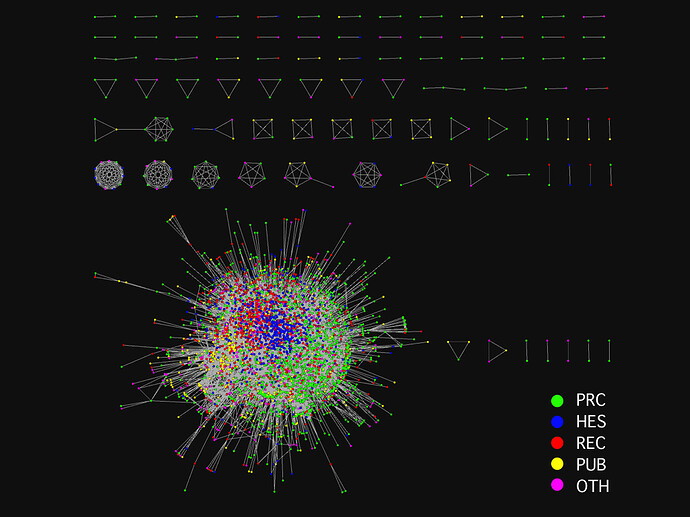Last week I attended the Open Info Day - Health, demographic change and wellbeing (Infoday programme (002) (1).pdf) organized by the DG Research and Innovation. There are only a few priorities in this work programme which might actually be interesting for us, such as: “decoding the role of the environment, including climate change, for health and wellbeing” & “supporting the digital transformation in health and care”.
This post is related to one specific call that seems to be a good fit:
SC1-BHC-29-2020: Innovative actions for improving urban health and wellbeing - addressing environment, climate and socioeconomic factors
“Proposals should develop and test effective actions and/or policies for improved urban health and wellbeing in Europe…and address improved physical or mental health, or both, while considering the relevant socio-economic and/or environmental determinants of health. They could address any sector (with priority on other sectors than health care) or policy area relevant to achieve a lasting health improvement…”
Full description available HERE (page 105)
It’s a research and innovation action, two-phase application with deadlines on 24th of September 2019 and 7th of April 2020.
Considering the first deadline we should make a decision soon. I can look at the previous similar calls and their consortiums but I am also wondering if anyone in the community has any suggestions about possible partners we could contact?
@alberto @nadia @martin @noemi @ilaria ?

